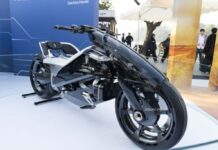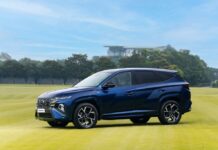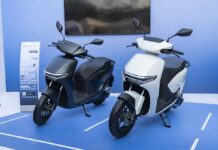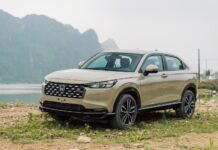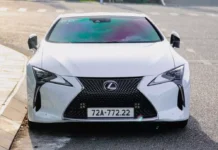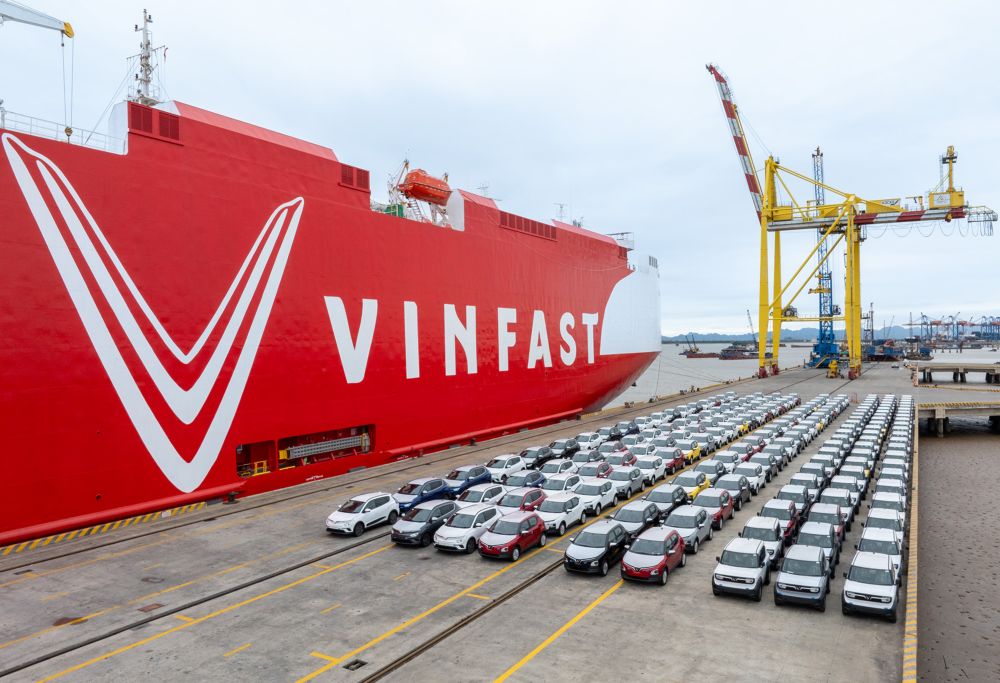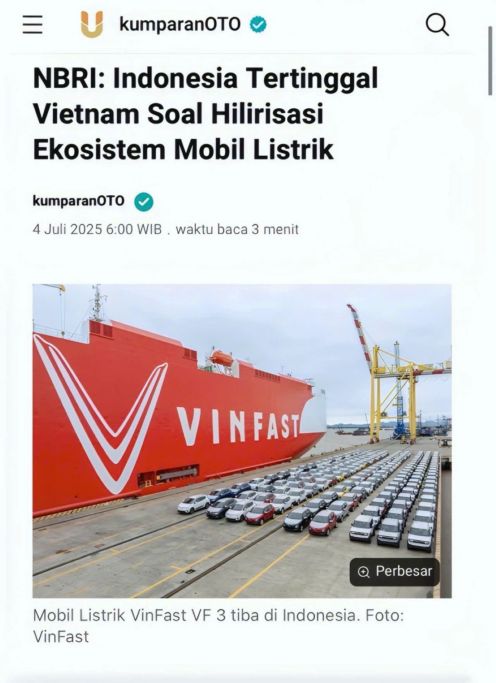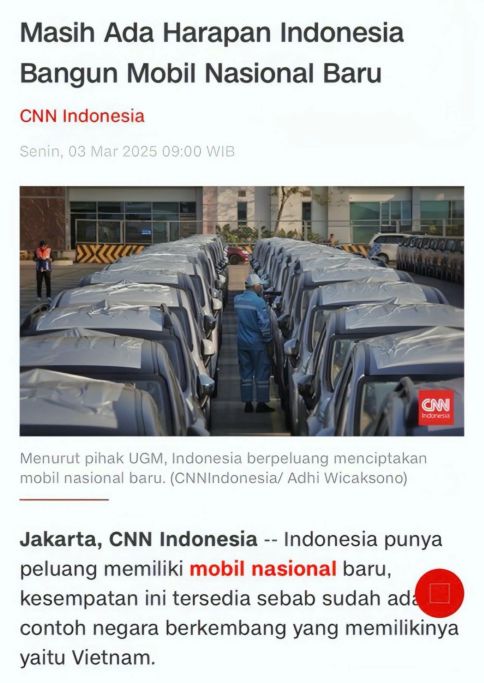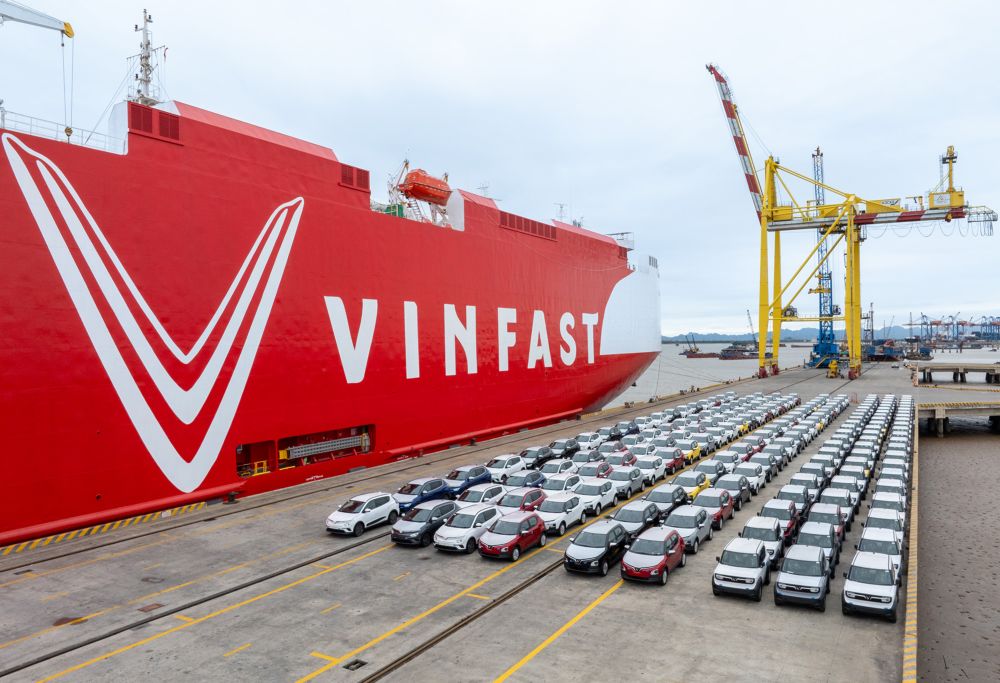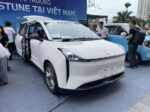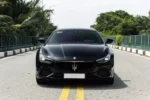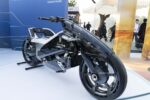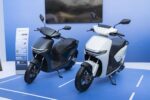Despite having lower nickel reserves than Indonesia, Vietnam is accelerating in the electric vehicle industry with a high level of localization, especially in its ability to independently produce everything from batteries to finished vehicles thanks to a “simpler, easier process.”
In late June, Indonesia broke ground on a nearly $6 billion electric vehicle battery material manufacturing complex in Karawang, West Java. This is a joint venture between CATL Group (China), Indonesia Battery Corporation (IBC), and mining company PT Aneka Tambang.
This can be considered a significant step forward in Indonesia’s goal to become a regional technology hub. However, some domestic experts, such as Professor Evvy Kartini, founder of the National Battery Research Institute (NBRI) in Indonesia, believe that the implementation speed is still very slow.
“It’s a bit late, but better late than never. IBC should have done this a few years ago,” said Professor Evvy, as quoted by Kumparan.
A Model for Developing a Domestic Electric Vehicle Industry
Ms. Evvy pointed out that Vietnam, a country with lower nickel reserves than Indonesia, is moving faster in the electric vehicle sector with a high level of localization, especially in its ability to independently produce everything from batteries to finished vehicles.
The expert explained that Vietnam has a “simpler and easier process” and affirmed that if Indonesia learns from Vietnam, it can complete its electric vehicle production ecosystem within three years.
Similarly, in an article published in March in CNN Indonesia, Mr. Jayan Sentanuhady, a mechanical engineering lecturer at Gadjah Mada University, stated that Vietnam has become a feasible model for a developing country to successfully build a domestic electric vehicle industry.
“There will be challenges, but Vietnam has proven the feasibility with its own national car brand, VinFast,” said Jayan.
Inspired by VinFast
Indonesian media expressed their impression of Vietnam’s electric vehicle industry, especially VinFast.
Kumparan considers VinFast – Vietnam’s national electric vehicle brand – as evidence of the success in building a local electric vehicle ecosystem. According to the company’s published data, VinFast has achieved over 60% localization in Vietnam and aims to increase this number to over 80% by 2026.
More importantly, VinFast has gone global, including a presence in Indonesia. Just over a year after entering the archipelago market, VinFast was able to quickly replicate the comprehensive electric vehicle ecosystem model that had brought great success in Vietnam.
Specifically, the company introduced a diverse range of vehicles, including VF 3, VF 5, VF 6, and VF e34, to cater to various needs. The VinFast electric vehicle factory project in Subang is nearing completion and is expected to be operational in 2025, increasing localization rates and contributing to the local electric vehicle industry.
The VinFast ecosystem also includes an expanding network of showrooms and service workshops, over 1,000 V-GREEN charging stations already in operation, with a target of 50,000 stations by 2025, and attractive policies such as 0% interest car loans, a commitment to buy back vehicles at up to 90% of their value, and free charging until 2028…
VinFast’s electric vehicles are also gradually becoming a part of the daily lives of Jakarta’s residents through the operations of the electric taxi company Green SM (local name for Xanh SM).
VinFast’s success, including becoming the best-selling car brand in Vietnam just eight years after its establishment, is inspiring Indonesia, according to CNN Indonesia.
In his opening speech at the Gaikindo Jakarta Auto Week in late 2024, Indonesia’s Minister of Industry, Agus Gumiwang, revealed that President Prabowo Subianto had assigned the task of “producing domestic cars” to his cabinet.
However, the reality is that developing a national car is not an easy task and requires government involvement. State support can come in the form of favorable regulations, attractive incentive policies, and collaboration with various stakeholders, including manufacturers. Another critical factor is fostering a sense of patriotism and preference for locally made products, as mentioned by CNN Indonesia.

